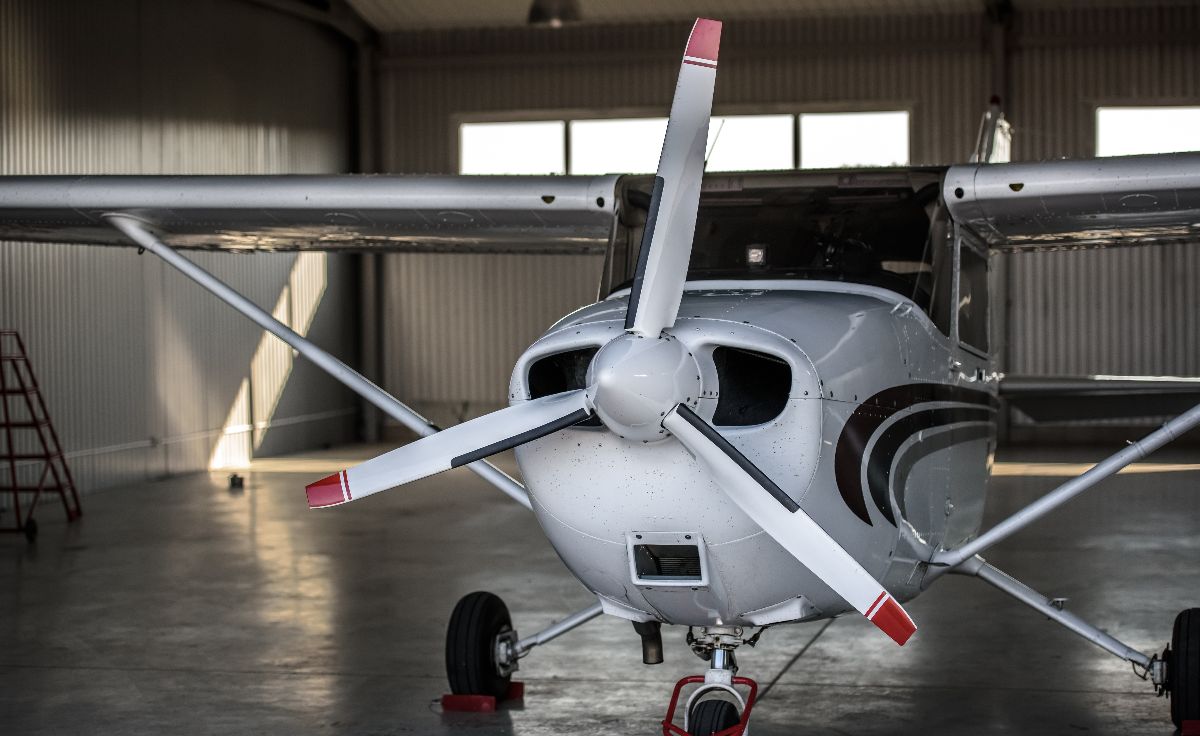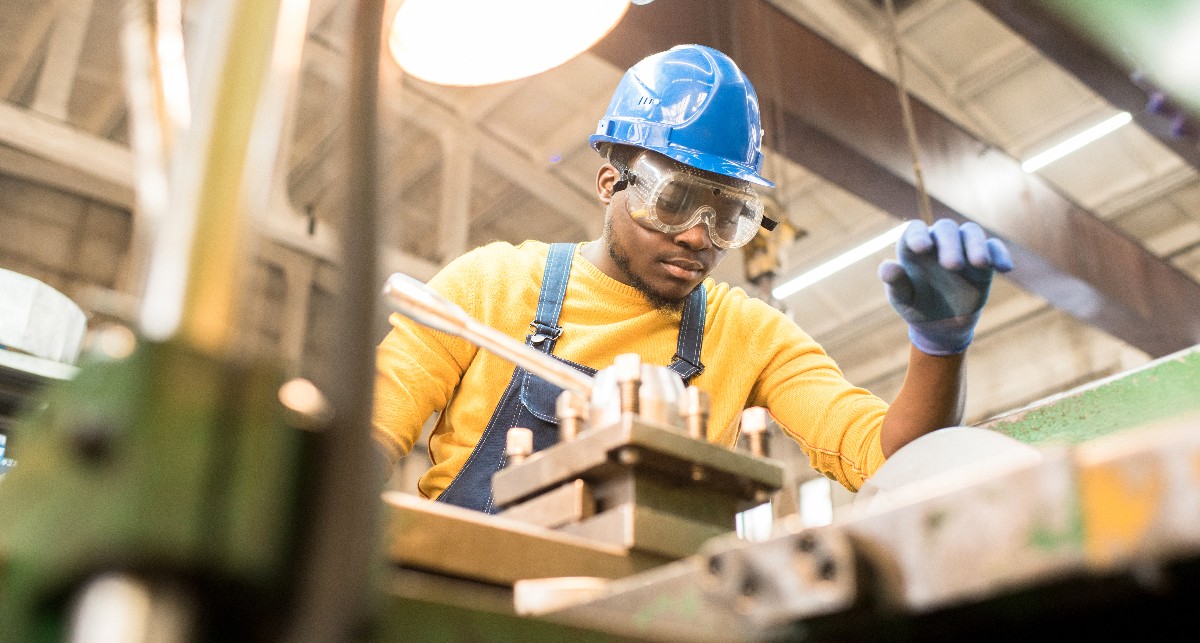Precision machining is an important part of aerospace design and manufacturing. This process involves cutting materials to exact specifications, allowing for the creation of complex parts with high levels of accuracy.
As a result, precision machining has become the go-to method for creating parts for various aerospace applications. Let’s take a closer look at how precision machining has changed aerospace design and manufacturing.
How Precision Machining Improves Efficiency
Precision machining allows for greater efficiency in the production of aerospace components. Parts can be produced quickly and accurately using the latest manufacturing technology.
With such technology, parts can be produced more quickly than ever before, allowing them to be shipped out faster and reducing turnaround time from order to delivery drastically.
Additionally, when precision machining is used on metals like aluminum or titanium, it results in fewer wasted materials since parts are created exactly according to their specs.
The Benefits of Improved Accuracy
The main benefit to precision machining is that it allows for improved accuracy when producing parts. By utilizing lasers or other computer-controlled machines, engineers can create extremely detailed parts that meet exacting specifications that would otherwise be difficult or impossible to achieve by hand.
In addition, this level of accuracy helps reduce the risk of errors during assembly processes since each part fits snugly into place without any modifications needed. This makes production processes run more smoothly as well as reducing costs associated with rework or repairs due to incorrectly sized components.
The impact of precision machining on aerospace design and manufacturing cannot be understated; it has revolutionized the way we create complex parts with high levels of accuracy while also improving efficiency and reducing costs associated with rework or repairs due to incorrect sizing and assembly issues.
With its ability to produce parts faster than ever before while ensuring they fit together perfectly every time, precision machining has become an essential tool for modern aerospace engineers and manufacturers who need reliable results quickly and cost-effectively.
From aircraft engines to spacecraft components, precision machining plays an integral role in today’s aerospace industry – one that will only continue to grow as technology advances even further in the years ahead.





